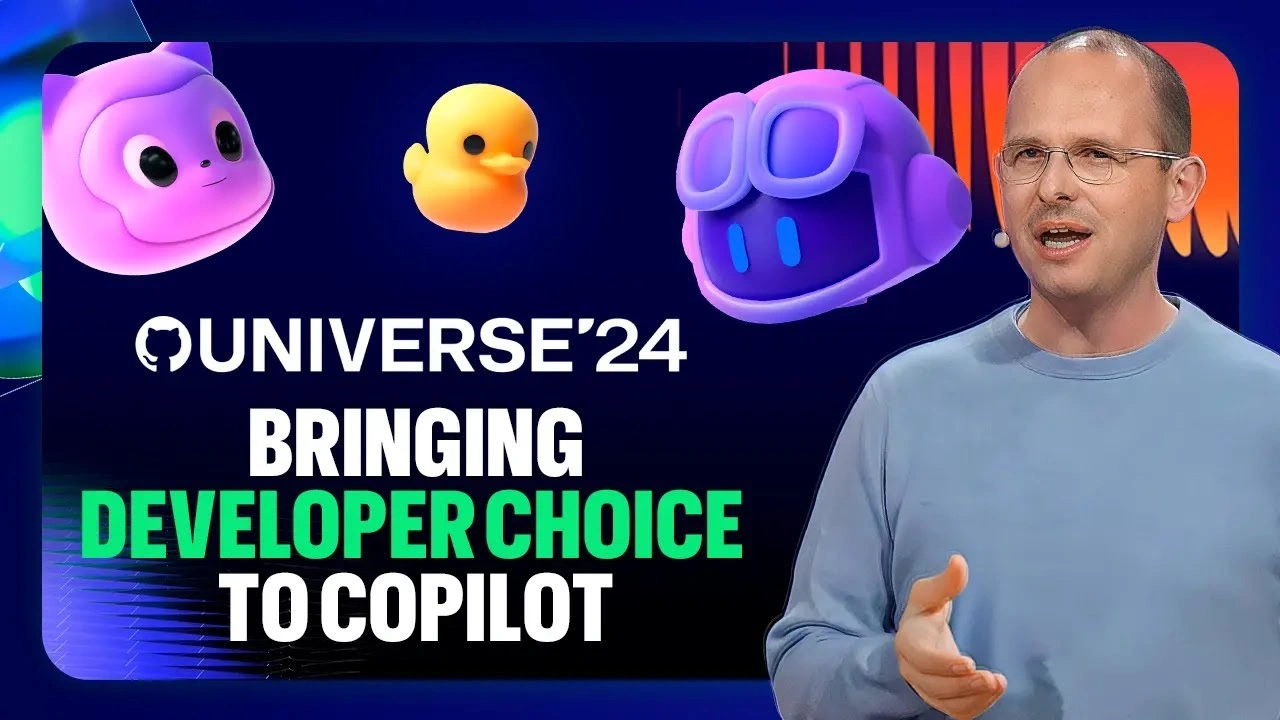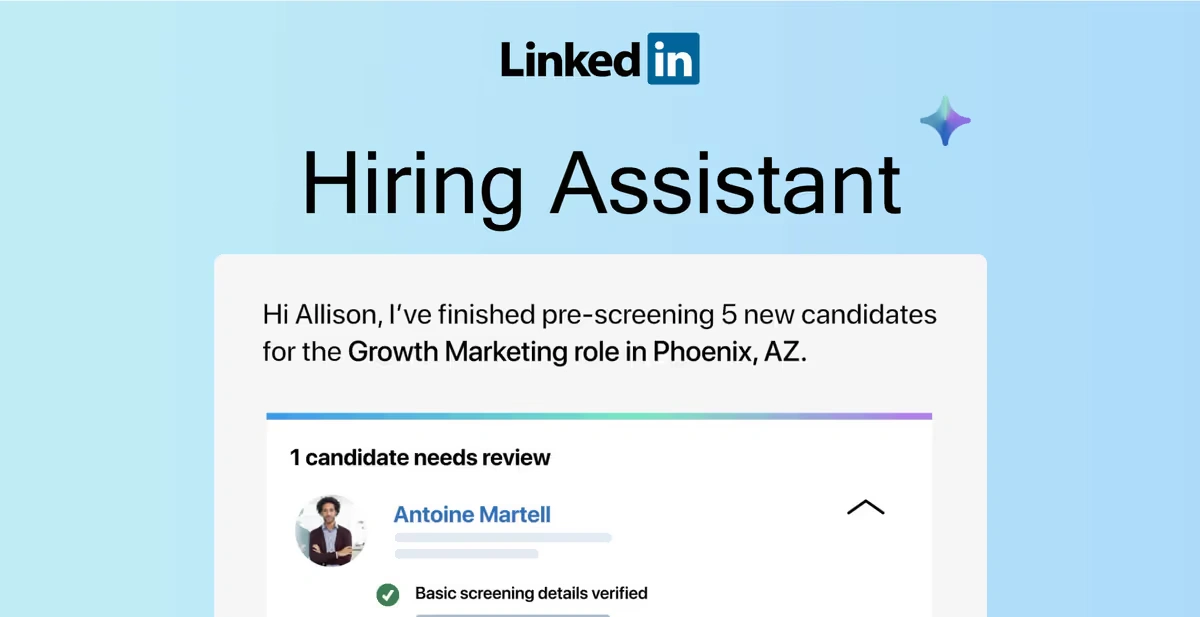Antitrust
LaborComplaint
GagOrder

Antitrust
LaborComplaint
GagOrder
A Labor Dispute Erupts at Google Amidst Ongoing Antitrust Trial
A significant labor dispute has ignited at Google, pitting the Alphabet Workers Union (AWU) against the tech giant's management. At the heart of the conflict is an allegation that Google attempted to silence its employees’ discussions surrounding the company's ongoing antitrust trial. The AWU has formally filed a complaint with the National Labor Relations Board (NLRB), asserting that Google's actions constitute a violation of its employees' fundamental rights to engage in protected concerted activity.
The controversy stems from an email sent on August 5th by Kent Walker, Google's President of Global Affairs. The email, addressed to Google employees, urged them to "please refrain from commenting on this case, both internally and externally." This directive followed a U.S. District Judge Amit Mehta’s ruling that deemed Google's practices constituted an illegal monopoly. This wasn't the first time such a cautionary message was issued; a similar communication was sent by Walker at the beginning of the trial the previous year.
The AWU argues that this directive infringes upon employees' rights under federal labor laws. These laws explicitly protect "concerted activity," which encompasses collaborative efforts by employees to address workplace issues. Employees are legally entitled to discuss work-related matters, including topics that could impact their job security or overall work environment. The potential ramifications of the antitrust case on Google's workforce are substantial, providing ample justification for employee concern.
Charlotte Garden, a labor law professor at the University of Minnesota, provided valuable insight into the situation. She highlighted the potential link between the antitrust case and working conditions. The Department of Justice (DOJ) has proposed potential remedies for Google’s antitrust violations that could involve significant structural changes, such as splitting off divisions like Android or Chrome. Such drastic measures would undoubtedly have a profound impact on the employment of numerous Google workers. Professor Garden acknowledged that the NLRB would consider Google’s need to manage its litigation strategy but stressed that the directive could still be deemed a violation if it substantially prevents employees from engaging in protected discussions.
Google, however, maintains that its directive was a standard corporate policy designed to prevent employees from speaking on behalf of the company regarding the ongoing litigation without prior approval. Peter Schottenfels, a Google spokesperson, stated that the company respects "Googlers’ rights to speak about their terms and conditions of employment." He insisted that the intention was not to suppress internal discussions on employment-related matters.
The AWU, however, remains unconvinced, citing a history of alleged retaliatory actions against employees who have voiced concerns. Stephen McMurtry, a senior software engineer at Google and AWU’s communications chair, highlighted instances where employees who expressed concerns were allegedly met with resistance or even termination. McMurtry suggested that Google's seemingly innocuous "please refrain" request be viewed within the context of past experiences. He referenced previous high-profile walkouts and protests by Google employees, including the 2018 walkout where some organizers later reported experiencing retaliation—claims which Google denied at the time. These past events, according to McMurtry, lend credence to the AWU's concerns about the true intent behind the directive.
The NLRB has confirmed that it is currently investigating the AWU’s complaint, filed on August 15th. The investigation process is expected to take several weeks. Kayla Blado, an NLRB spokesperson, explained that the Oakland NLRB office is thoroughly reviewing the case to ascertain whether it warrants further action. If the government decides to pursue the matter, a hearing before an administrative law judge could ensue. While many similar cases are resolved through settlement before reaching a formal hearing, a formal NLRB ruling could bring intense scrutiny to Google’s labor practices, especially in the light of the broader antitrust case.
The unfolding legal and labor battles at Google are intricately intertwined. As Google prepares for its next court date with the DOJ, scheduled for April, the implications for its workforce remain significant. The outcome of the NLRB's investigation into the AWU's complaint is uncertain, but it has the potential to significantly impact Google employees’ ability to discuss the company’s future amidst this pivotal legal challenge. The situation underscores the delicate balance between a company's need to manage its legal strategy and the fundamental rights of its employees to engage in protected concerted activity.
A Deeper Dive into the Legal and Labor Landscape
The case highlights the complex interplay between labor law and corporate legal strategies, particularly in the context of high-profile antitrust litigation. The NLRB’s role in this case is crucial in determining whether Google's directive crossed the line from legitimate management of litigation to an infringement of employee rights. The investigation will thoroughly examine the language of the directive, Google’s past history with employee dissent, and the potential impact of the antitrust case on Google’s employees.
Federal labor laws are designed to protect employees' rights to engage in collective action to improve their working conditions. The key legal question here is whether Google's directive unduly restricts employees' ability to discuss matters relevant to their employment, including the potential impact of the antitrust case on their jobs. The NLRB will carefully weigh Google’s interest in maintaining confidentiality during litigation against the employees' right to engage in protected concerted activity. Evidence of past retaliation against employees who voiced concerns could significantly influence the NLRB’s decision.
The outcome of this case could set a precedent for how other companies navigate similar situations. It will offer valuable guidance on the boundaries of employer directives during high-stakes legal battles and the extent to which those directives can impinge on employees' fundamental rights. If the NLRB finds in favor of the AWU, it could lead to significant changes in Google's internal communication policies and potentially impact how other large corporations manage employee communication during legal proceedings. Conversely, a ruling in Google's favor could reinforce the company's approach and provide a legal framework for other companies facing similar challenges.
The Broader Context of Antitrust and Tech Regulation
This labor dispute unfolds against the backdrop of increasing scrutiny of tech giants and their business practices. The ongoing antitrust case against Google is part of a broader trend of government investigations and regulatory actions targeting large technology companies for alleged monopolistic behavior. These investigations often raise concerns about the impact of dominant tech companies on competition, innovation, and consumer welfare.
The potential remedies in the Google antitrust case could involve substantial changes to the company's structure and operations, potentially leading to significant job losses or shifts in employee roles. This uncertainty is precisely what fuels the anxiety among Google employees and forms the basis of the AWU's complaint. The case underscores the interconnectedness of antitrust enforcement and the broader implications for the workforce of large technology companies.
The outcome of both the antitrust case and the labor dispute will significantly influence the future of Google and the broader tech industry. It will shed light on the limits of corporate power, the effectiveness of antitrust regulations, and the importance of protecting employee rights in the face of powerful corporate interests. The situation highlights the need for a balanced approach that addresses concerns about competition and innovation while safeguarding the rights of workers.
Looking Ahead: Potential Outcomes and Implications
Several possible outcomes could emerge from the NLRB’s investigation. The NLRB could find in favor of Google, concluding that the directive did not violate employee rights, or it could issue a finding against Google, potentially leading to remedies such as changes to internal communication policies or even back pay for affected employees. A finding against Google could embolden other tech workers to challenge similar directives and could influence future NLRB decisions in similar cases.
Regardless of the outcome, the case brings to the forefront the ongoing tension between corporate legal strategies and the rights of workers. It highlights the challenges of balancing the need for confidentiality during litigation with the importance of protecting employees’ right to engage in protected concerted activity. It also serves as a reminder that large technology companies are not immune to the scrutiny of labor laws and that employee rights must be respected, even during high-stakes legal battles.
The ongoing antitrust litigation against Google and the parallel labor dispute underscore the complexities of regulating the tech industry and the multifaceted nature of the challenges it presents. The case's impact will extend beyond Google, influencing how other tech companies handle employee communication during legal proceedings and how regulators approach antitrust enforcement in the context of the digital economy. The outcome will offer valuable insights into the balance between corporate power, antitrust enforcement, and the protection of worker rights in the ever-evolving landscape of the technology sector. This is not just a legal battle; it is a societal discussion about the role of technology companies, the rights of workers, and the need for accountability in the digital age.
SHARE



news
30th October 2024


news
30th October 2024

news
30th October 2024

news
30th October 2024


news
30th October 2024

news
30th October 2024

news
30th October 2024